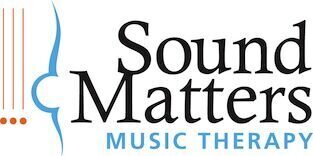I have spent the entire morning online, looking up blogs I feel I should read! What? Who does that? Nearly all of them are music therapy-related, and actually that makes me feel pretty decent; January, though it is passed, was advocacy month for music therapy, so the more blog posts I read, the more I found out about other resources to use.
I feel super behind with technology, so probably spending this time wasn’t a bad idea– I found a number of inspiring resources, both having to do with research and instruments. And, with all this reading, I’m more interested in blogging.
(I did all of this while waiting for my landlord to come fix my toilet.)

